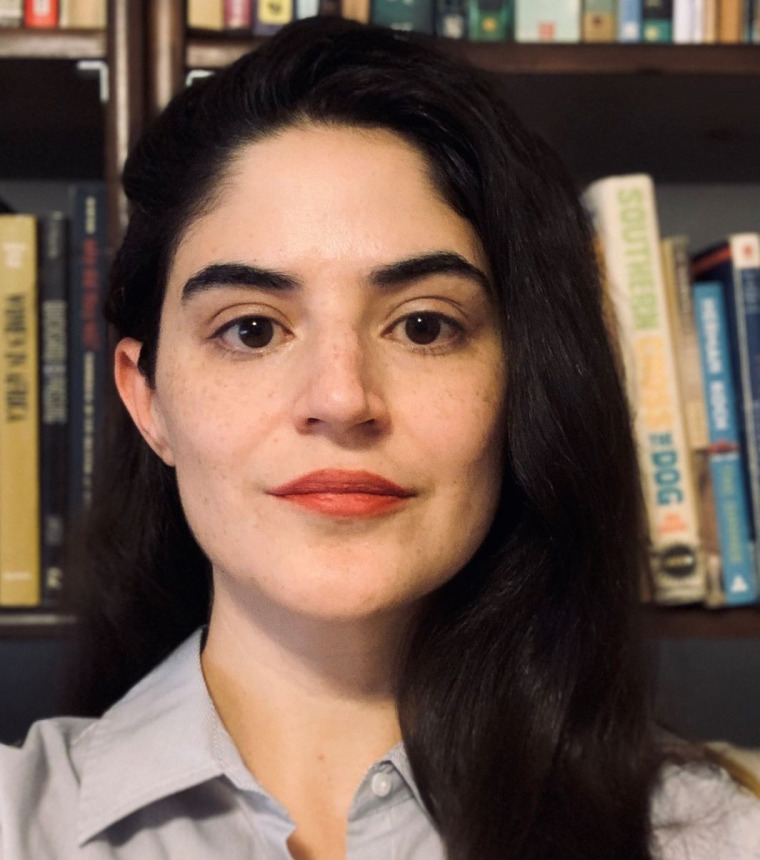Amália Mora
Amália C. Mora is an ethnomusicologist whose research focuses on how gender-based violence is implicated in various kinds of popular narratives and how these narratives are negotiated “on the ground.” Her specific areas of research and expertise include gender violence in relation to performance, tourism and cultural production, race, and neoliberalism; the music and dance of India and Latin America; musicodance traditions and healing; and intersection of the political economies of violence and harm against the planet. She moved to Tucson in 2016 after receiving her doctorate from UCLA, which explored the relationship between sexual violence, racialized narratives on dancers and their bodies, and women who perform for tourists in Goa, India.
Amália’s work with the Consortium on Gender-Based Violence began in 2017, when she worked with co-founders Drs. Monica Casper and Melissa Vito to establish the Consortium as a center on campus. She then went on to become the Manager of Innovation and Engagement; her role in this capacity included developing and managing the center’s Innovation Fund, Speaker’s Series, and academic and creative engagement programming. Currently, she is an affiliated faculty member in the Human Rights Practice Program, for which she helped to build a new master’s certificate program in gender-based violence studies in partnership with the Consortium. Prior to her position with the Consortium, Amalia worked with the Tucson Museum of Art folklife collection as a researcher and writer and had the honor of serving as Folklorist in Residence for the Southwest Folklife Alliance as well as a Visiting Folklorist for the Tucson Meet Yourself annual festival.
Amália is also a performing artist who has received training in music, dance, theater, and creative writing from institutions and professionals including the Colburn Music Academy, UCLA, Kyra Humphrey (Los Angeles Master Chorale), Khori Dastoor (Los Angeles Opera, Opera San Jose), and Liz Lira (25-time world champion dancer). Her writing on the intersection of performance, race, neoliberalism, and gender violence has appeared in a wide variety of publications.


